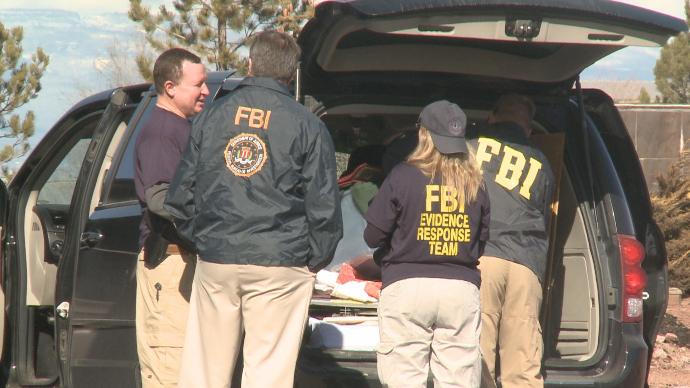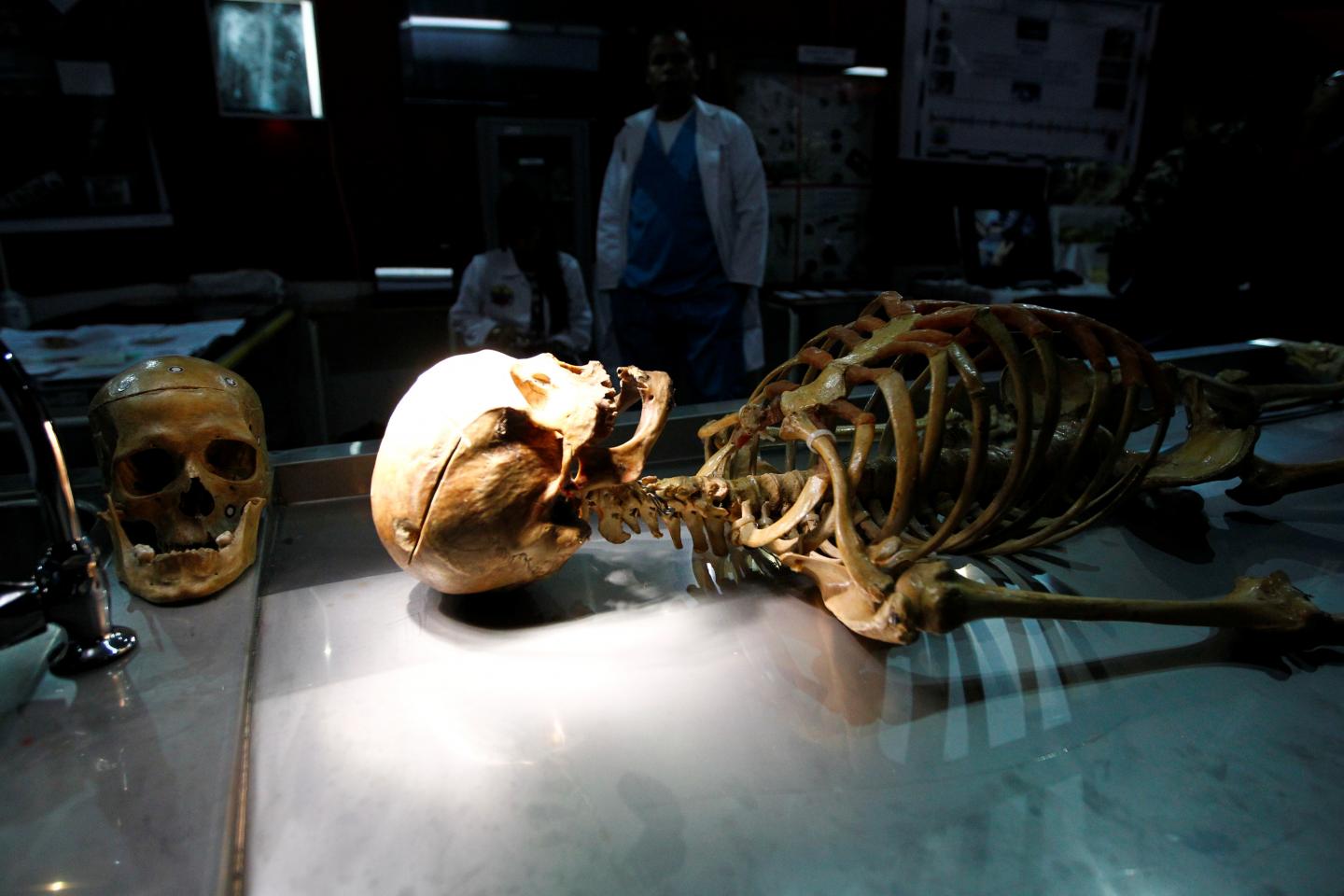Proposed Law Will Prohibit Colorado Funeral Homes from Operating Body Broker Businesses
Following the FBI raid and closure of Sunset Mesa Funeral Home in Colorado for alleged illegal practices in body brokering, lawmakers have proposed a bill to prevent this from happening again. We coved the story originally investigated by Rueters earlier this year in this article. The new proposed bill would impose regulations on the trade of non-transplant human remains.
Newsweek reports: “The bill, SB18-234, would require businesses selling non-transplant human body parts to register with the state and maintain records of their inventory, the Denver Post reports. It would also mean that anyone with more than a 10 percent stake in a funeral home or crematory would be barred from operating a body broker business.”
Human remains for medical transplant are already strictly regulated and the bill seeks to put in place similar regulations for selling body parts for scientific research purposes. If passed as is, bill SB18-234 would prohibit “an entity from profiting from the transfer, sale, storage, or leasing of human remains.”

“Currently, there are no federal laws regulating the ownership and trading of human remains, unless they are for transplant or from a Native American. A few states have restrictions, however. The trade in human remains, regardless of whether they are from retired medical specimens or from modern donors, and regardless of whether the buyer is related to a science field or an oddity collector, is unregulated by any branch of the federal government. Anyone can buy them.” (NewsWeek)
Although these types of combined funeral home/body broker business are currently completely legal to operate, there are inherent ethical dilemmas. For instance Megan Hess, owner of Sunset Mesa Funeral Home would ask people to “donate” their bodies to the company which would dismember the body and sell the parts. From a customer standpoint the use of this term “donate” is presumed to be “to science” and if they were aware of the commerce aspect and potential final body-part destinations, they may have thought twice about the decision. This is ultimately misleading and unethical – although probably legal. Hess also profits by charging the “donors” $195-$495, depending whether the family wants the leftovers cremated, according to Reuters’ extensive investigation.
Do you think that we should restrict funeral homes from participating in body brokering businesses? Let us know in the comments!
via: Newsweek




